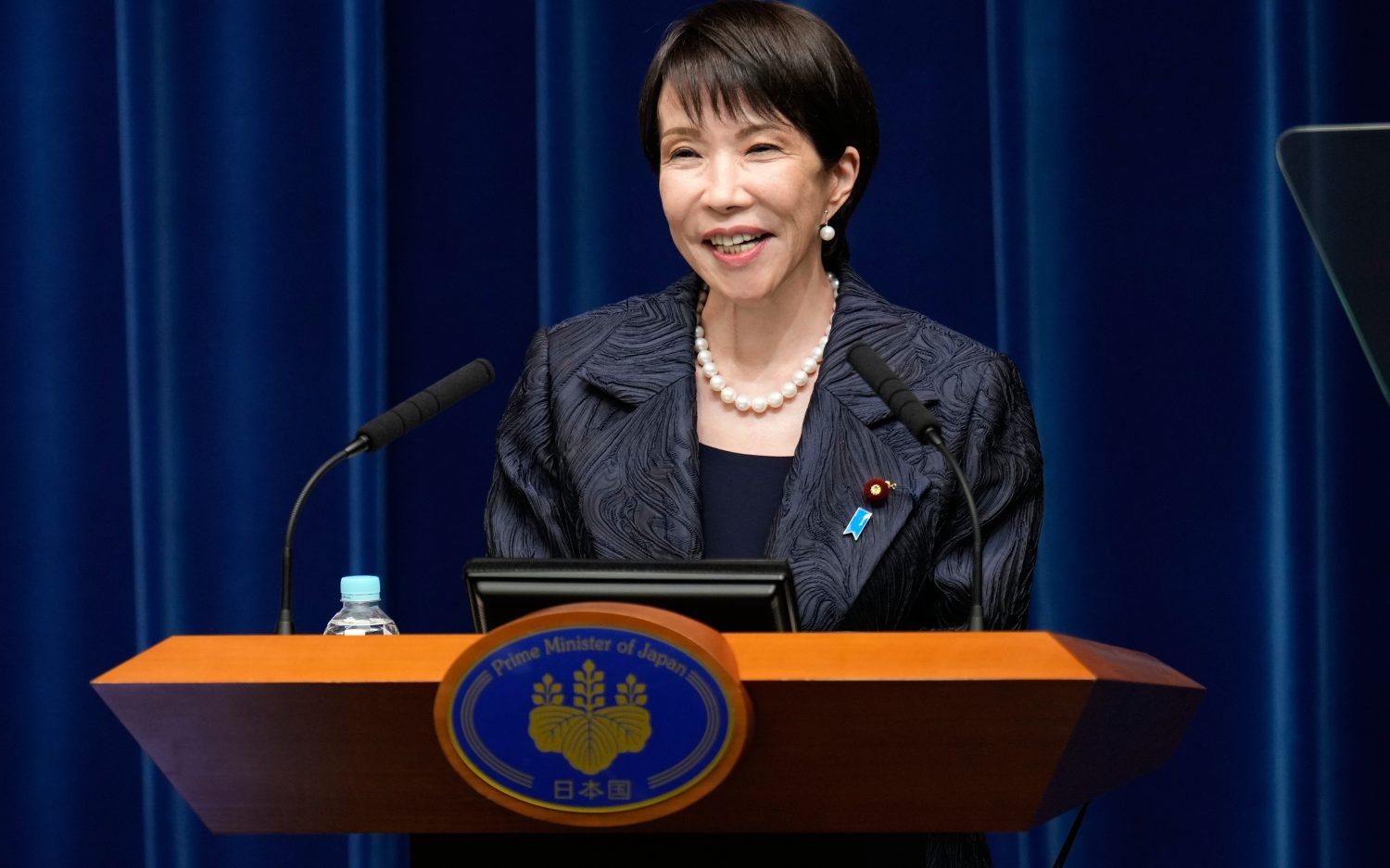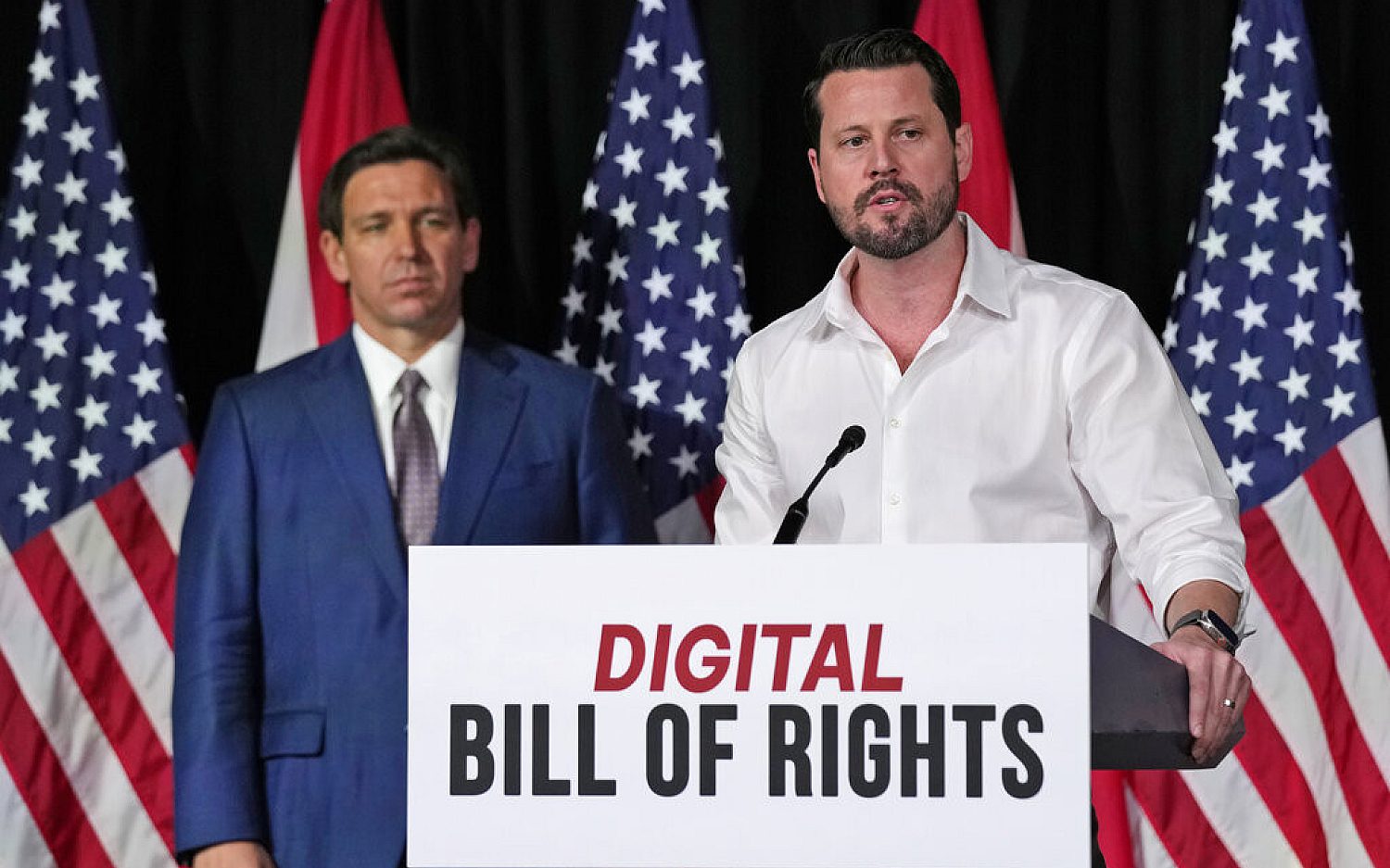Venezuela crisis leaves lawmakers guessing
The oil-rich, communist country is on the verge of collapse
Four men each held a gun to Salim Daher’s head as they forced him to drive them around Daher’s home city of Valencia, Venezuela. Daher survived the attempted kidnapping but said similar experiences of violence and fear are all too common in rapidly deteriorating Venezuela.
Daher, a student at Florida International University, directs a non-profit called Justicia Para La Paz (Justice for the Peace). He and some of his colleagues traveled to Washington, D.C., Wednesday to meet with House lawmakers and attend a Foreign Affairs Committee hearing about Venezuela’s crisis.
Economic collapse in Venezuela has led to a devastating crisis, with many cities running out of food and medical supplies. In the last two weeks, more than 50 food riots and lootings have occurred around the country, according to The New York Times.
Daher and four witnesses at the hearing blamed the country’s condition on Venezuelan President Nicolas Maduro’s reckless policies. Former President Hugo Chavez, who died in 2013, handpicked Maduro as his successor. Chavez set into motion a socialist government, nationalizing lands and markets throughout his presidency. Maduro picked up where Chavez left off.
“What’s it going to take to make changes in Venezuela?” Rep. Jeff Duncan, R-S.C., asked the panel. “A new government? Higher oil prices? End of the El Niño drought?”
“You’ve got to get changes in the government,” replied Michael Kozak, deputy assistant secretary with the U.S. State Department’s Bureau of Democracy, Human Rights, and Labor.
The hearing witnesses declined to offer strategies for how to make changes in the government, but agreed the sanctions placed against seven Venezuelan government officials and businessmen in 2015 should stay in place. The sanctioned officials violated human rights, persecuted political opponents, embezzled and, ignored the freedom of press.
Daher experienced these violations first hand at a 2014 peaceful protest in his city, Valencia. Gov. Francisco Ameliach ordered urban guerillas to attack the protestors.
“They [attacked] by firing weapons on us,” he said. “They proceeded to kill an innocent protestor, a woman … At that point it could have been any of us who could have been assassinated by that order.”
The United States so far has refused to sanction the entire nation, not wanting to exacerbate the economic situation. The U.S. is the largest buyer of Venezuelan exports.
Eighty-five percent of medicines on the World Health Organization’s list of essential medicines are not available at pharmacies and hospitals in the country, according to independent reports.
“The Venezuelan people … are not able to access the basic medicine and health services they need,” said Annie Pforzheimer, a panelist from the State Department. “In the face of a burgeoning Zika crisis, Venezuelans cannot find mosquito repellant.”
Venezuela holds almost 25 percent of the world’s oil reserves, the most of any country. Low oil prices since 2014 have led to an economic situation so bad some fear government collapse.
The crisis in Venezuela is also unique because Maduro’s government has refused any offer of humanitarian aid despite the offers of multiple nations, including the U.S.
Some lawmakers expressed concern that the Venezuelan crisis receives the priority the situation warrants.
“When you have things that happen in our hemisphere, they typically don’t get elevated to the level they should as quickly as perhaps things that happen in the Middle East or Africa,” said Rep. Mark Meadows, R-N.C.
U.S. Diplomat Tom Shannon met with Maduro on Wednesday to thaw relations between the two nations. The State Department described the talks as positive.
Last Thursday, ambassadors to the Organization of American States (OAS), made up of 34 Western Hemisphere nations, met and invoked the organization’s democratic charter on Venezuela. That could lead to the country’s suspension from OAS.
“We yearn for Venezuela to be what it once was,” Duncan said.
And so does Daher: “By coming here we wished to … make our case known to inform the world of what’s currently happening because … it hasn’t been covered by the media in Venezuela. It’s either been silenced by the government or people have been forced to remain silent.”
An actual newsletter worth subscribing to instead of just a collection of links. —Adam
Sign up to receive The Sift email newsletter each weekday morning for the latest headlines from WORLD’s breaking news team.





Please wait while we load the latest comments...
Comments
Please register, subscribe, or log in to comment on this article.